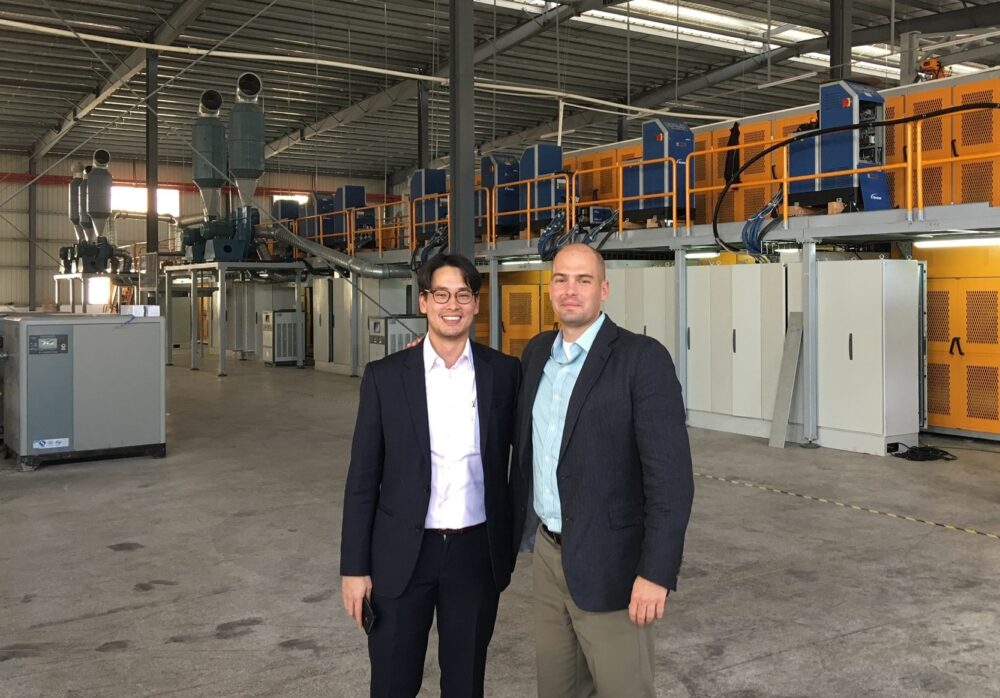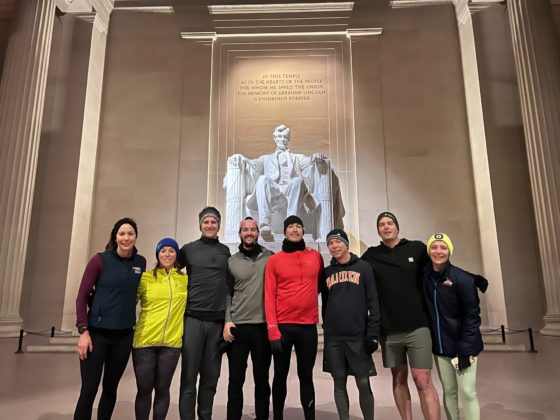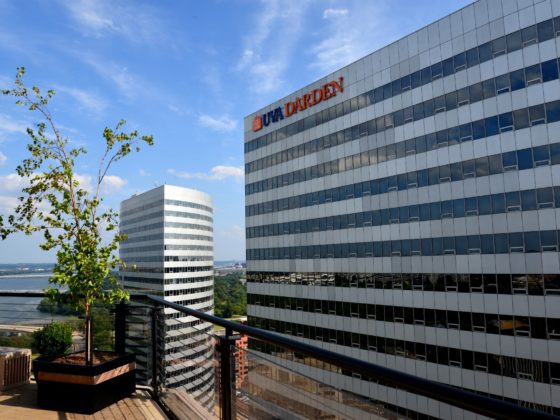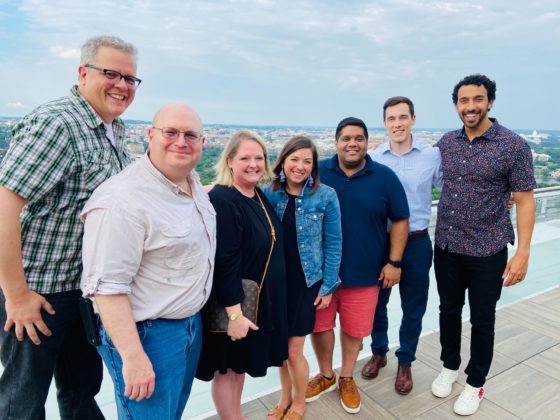In today’s student profile, Global Executive MBA student Troy Yoho (Class of 2024) shares how his varied background (military, healthcare/technology, construction, real estate, consulting, brewery co-owner – the list goes on!) helps help contribute in the classroom, and how an MBA post-military has solidified his formal business acumen. Plus, who doesn’t love a local brewery?! If you find yourself near Grants Pass, Oregon, be sure to check out Weekend Beer Company. Yoho is a frequent participant in the Running Club, which meets during the Executive MBA residencies, and he is the 2023-24 Vice President of Diversity, Equity and Inclusion for the Executive Student Association.
Q: What is your background?
A: I graduated from West Point Class in 2007, and then spent about 10 years in the Army. After the Army, I entered corporate America, working for Medtronic and then Cardinal Health and then joined a smaller commercial construction firm.
It was around this time that I decided I also wanted to start my own business. For the last four years, I’ve been running a brewery here in Oregon, along with my wife and a couple business partners, and I really focus on the strategy and operations. I’ve also started a small commercial real estate company, as well as a consulting firm, where I help other small businesses.
Q: Did you always want to open a brewery?
A: I have for quite a while. One of the things I’ve enjoyed about the military is that I got to move around and live in different places. Between me and my wife, we’ve lived in nine or 10 different states, and for us, breweries were always a place we could go and get a feel for the local community and culture.
That was our goal here in Oregon, and we’ve been focused on creating a fun community center that is family friendly, dog friendly, a place where people just felt comfortable and at home. There are a lot of breweries here in Oregon, but one thing that’s neat about the brewing industry is that every brewery is going to be slightly different. You can have a lot of breweries in a very small area, and they can still be profitable and do well.
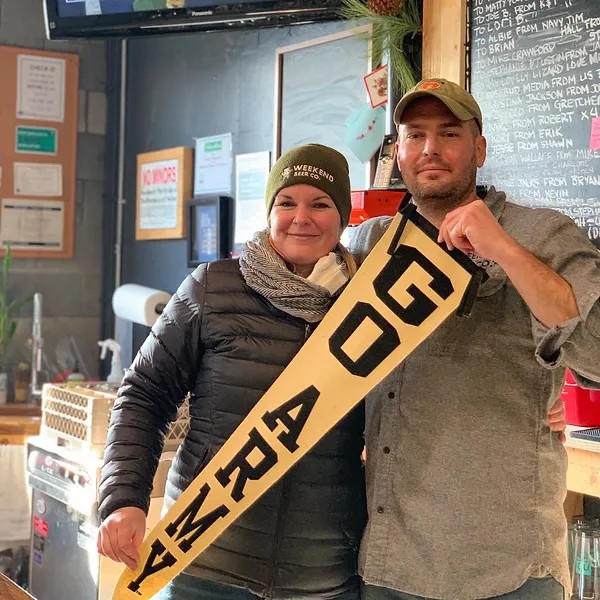
Q: How did you decide you wanted to pursue an MBA?
A: I wanted to formalize my business knowledge and become a business leader. After spending 10 years in the military, I felt like I had gaps and a lot of what I knew about business had been acquired on the job. Interestingly, I recently reviewed the list of things I was going to do when I separated from the Army, and the number one item was “Get an MBA.” Eight years later, and I’m finally doing it.
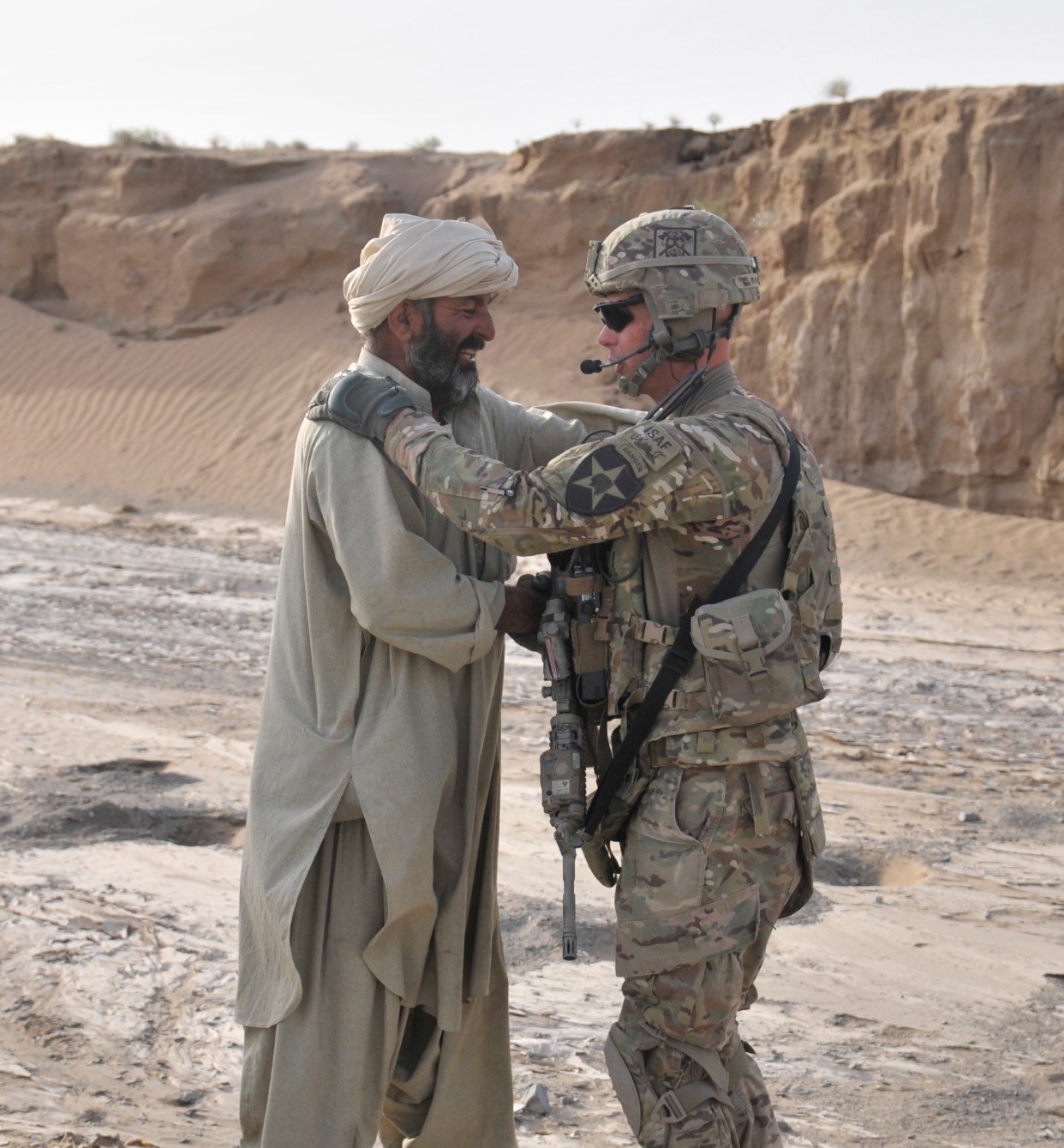
Q: What led you to Darden?
A: I was attracted to Darden because of the case method but also because of the Global Executive MBA (GEMBA) option.
I liked how the case method was all about how things actually work in business. You start by teaching yourself and then working with your team to deepen your understanding. And then you go to class, and you have a discussion. You have a chance to hear from other people in the room and pursue different ideas. To me, it just seemed like a more interesting and engaging way to learn.
With respect to the GEMBA option, I was excited by the opportunity to spend time in different regions and visit multiple continents over the course of the program. I was intrigued by what I would be able to learn from companies around the world that I could ultimately apply in running my business. I didn’t see this kind of opportunity any other schools.
Q: Do you have a favorite memory from the program?
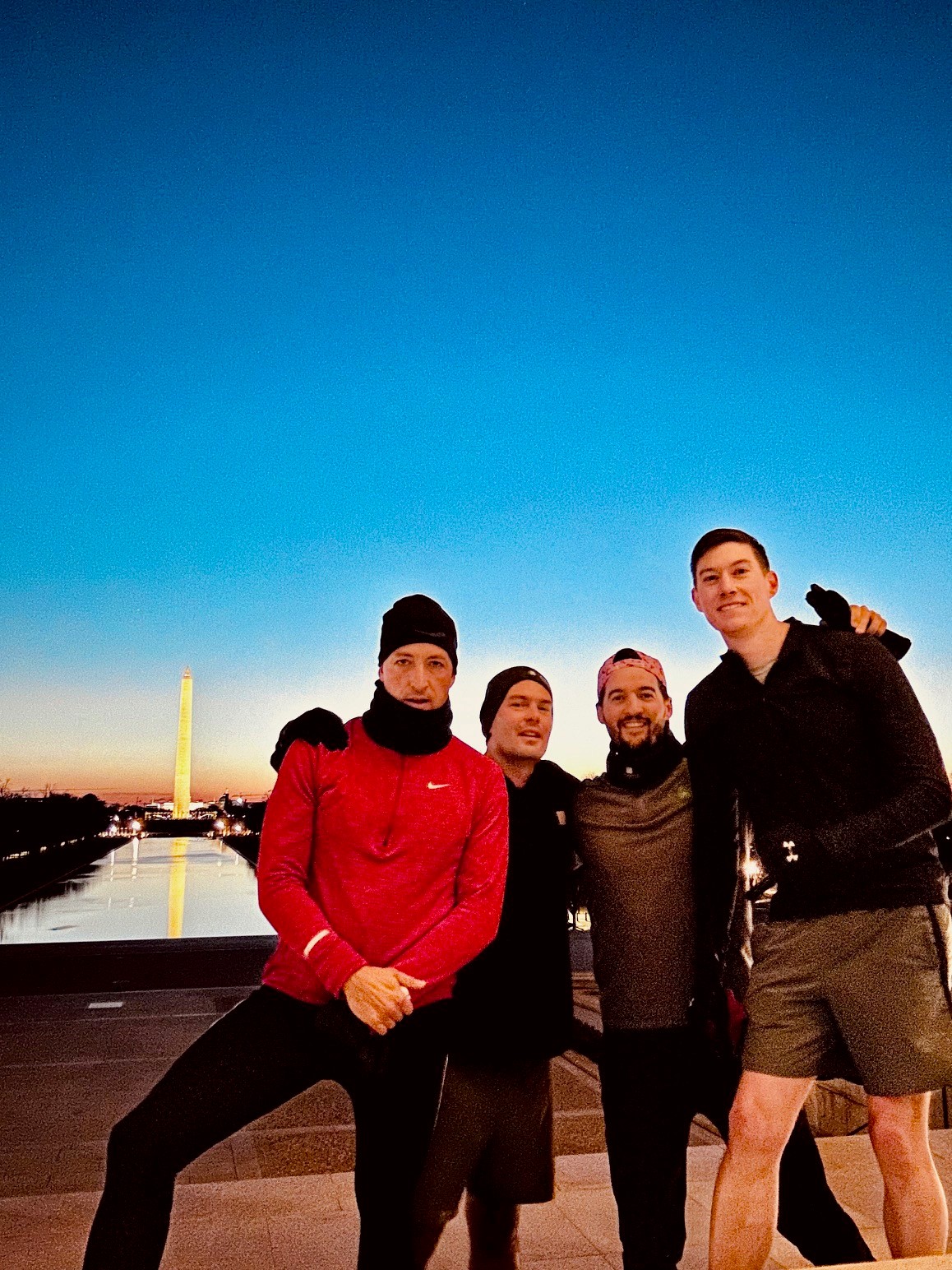
A: Probably the those first days of Leadership Residency 1 at the beginning of the program. I didn’t realize how diverse my cohort was going to be, but as we started to have discussions, I realized I was in a room with people from all kinds of different backgrounds. It was exciting, and during that first week of school it crystallized for me that I was going to learn a lot from my classmates.
Q: What’s been the impact of the program for you so far?
A: The program has taught me to step back and look holistically at a problem. Running my own business, I’ve found I have a tendency to jump in and try to fix things rather than letting my employees come up with solutions. However, after a couple quarters at Darden, I’ve started to think more about how I can better support my employees and allow them to explore their ideas.
Q: What’s your best advice for prospective students?
A: There are so many talented people here, and early in the program, this might make you feel like you don’t belong. But remember: You are one of those talented people too. Everyone has something they bring to a team or a class discussion, and I’ve been surprised by the things I’ve been able to help my classmates with.

